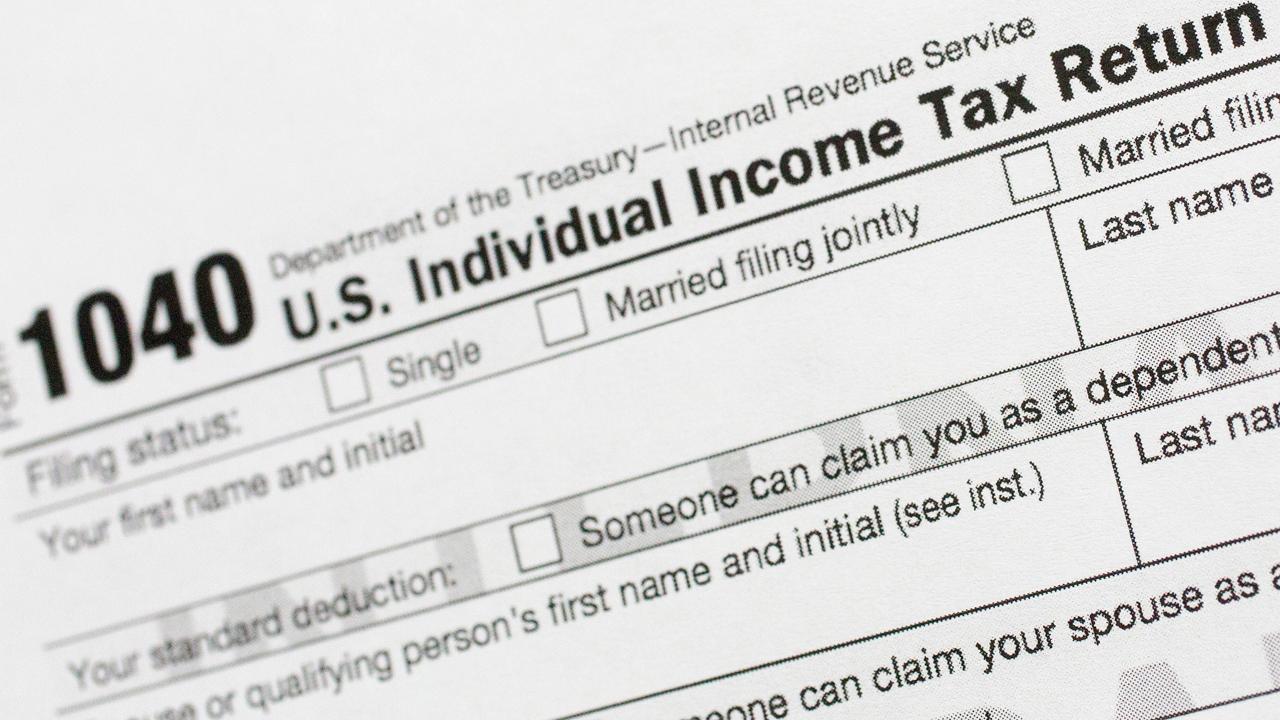July 15 tax deadline FAQs: 5 things to know
Don't wind up owing more by failing to comply
The delayed tax deadline is upon us – and if you still haven’t filed your 2019 return there are some things you need to know in order to avoid penalties and interest.
The Trump administration announced in March it would extend the filing deadline to July 15 from April 15 – marking the first time in history that the deadline has been moved.
The postponement was initially limited to certain people and businesses with tax obligations but was later expanded to include all filers.
Here are five things to know about this year's deadline:
TAX DEADLINE DRAWS NEAR: HOW TO APPLY FOR AN EXTENSION OF TIME TO FILE
Why was the deadline postponed?
The administration made the decision to postpone the deadline as a means to provide tax and regulatory relief to people and businesses during the coronavirus pandemic.
July 15 is the deadline for filing your federal return, but residents in most states must also file with their state.
Most states followed the federal government and extended their deadlines until July 15, too.
More information on specific state filing deadlines can be found here.
THESE TAXPAYERS SHOULD EXPECT ‘EXTREME’ REFUND DELAYS
How to request an extension of time to file?
Taxpayers can get an extension if they file Form 4868 by the July 15 deadline.
Payers can also get an automatic extension when they pay all or part of their taxes electronically by July 15 and indicating that the payment is for an extension using Direct Pay, the Electronic Federal Tax Payment System, or a credit or debit card. This way you won’t be required to file a separate extension form.
By filing for an extension, a taxpayer will have an additional three months to prepare and file his or her paperwork – until Oct. 15.
Don’t forget, filing for an extension does not mean you don’t have to pay. The IRS still expects people who file for an extension to pay an estimate of taxes owed by the deadline – or face penalties and interest.
If you do not owe any taxes, an extension will simply give you more time to submit your paperwork.
JULY 15 TAX DEADLINE: HOW TO GET YOUR REFUND ASAP
What happens if you don’t file/pay?
If you don’t file your return at all, the penalty during normal tax years is 5 percent of the unpaid taxes for each month a return is late. The penalty begins accruing the day after returns are due – up to a maximum of 25 percent of your unpaid taxes.
If you fail to pay your taxes, the penalty is 0.5 percent of the taxes not paid. The penalty is weighed each month after the due date until the bill is paid or the levy reaches 25 percent of unpaid taxes.
The failure-to-file penalty is reduced by the failure-to-pay penalty during a month where both penalties apply – the maximum penalty you’ll pay for both in any given month is 5 percent.
If the IRS thinks the amount you have estimated that you owe is unreasonable, you could also be subject to interest on what you failed to pay.
GET FOX BUSINESS ON THE GO BY CLICKING HERE
When will your refund arrive?
If you are expecting a refund – you may be waiting for a while depending on how you file.
The IRS stopped processing paper returns at the end of March as it began adjusting operations in order to keep employees safe and to comply with coronavirus-related social distancing and stay-at-home guidelines. The agency, which has a massive backlog, had only processed about 2.7 million paper returns as of May 22.
The quickest way to get your refund is to file electronically, and use direct deposit.
Typically, you can expect your refund within three weeks if you file electronically – and even faster if you use direct deposit. According to the tax agency, 90 percent of direct deposit funds are distributed in less than 21 days.
Paper returns, during a normal year, can take up to eight weeks.
You can track your refund using the agency’s Where’s My Refund? tool.
Why might your check be larger than expected?
The tax agency said it would pay interest on individual 2019 refunds for returns filed by July 15 – the delayed tax deadline. Interest will “generally be paid from April 15, 2020 until the date of the refund,” the IRS said.
Interest payments might be received separately from the refund itself.
The agency’s interest rate in the second quarter, ending June 30, is 5 percent per year compounded daily. For the third quarter, which ends Sept. 30, it is 3 percent per year.
CLICK HERE TO READ MORE ON FOX BUSINESS




















